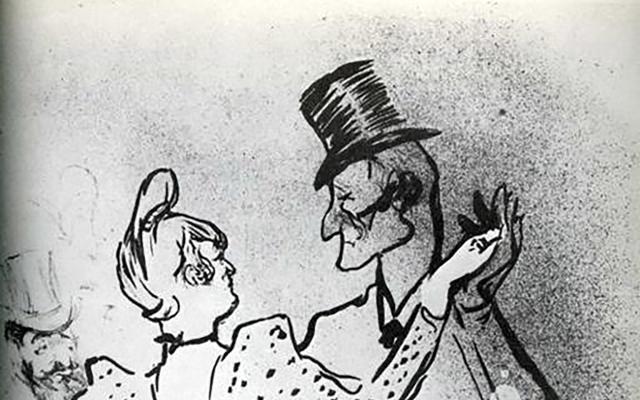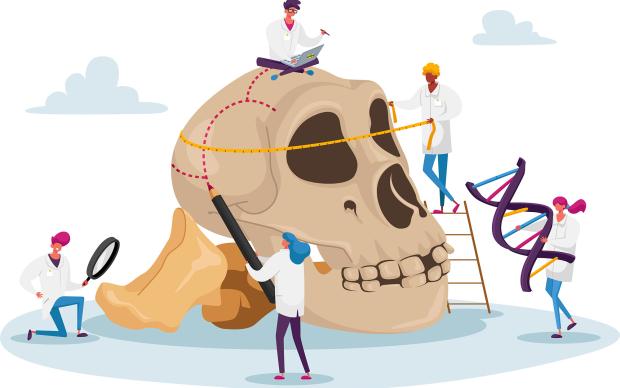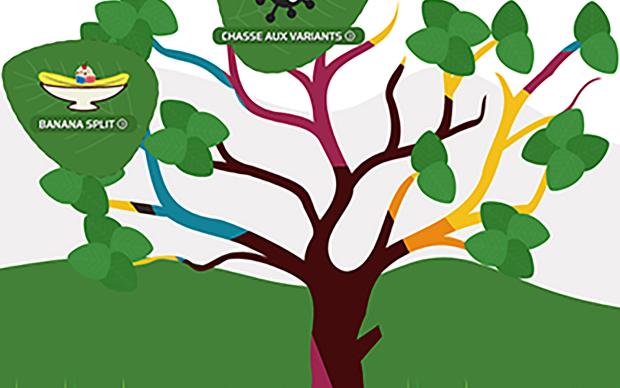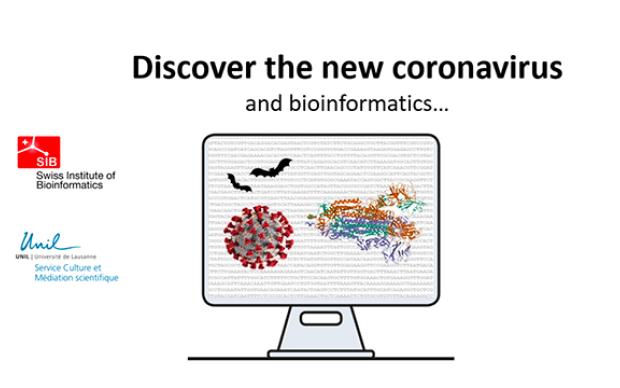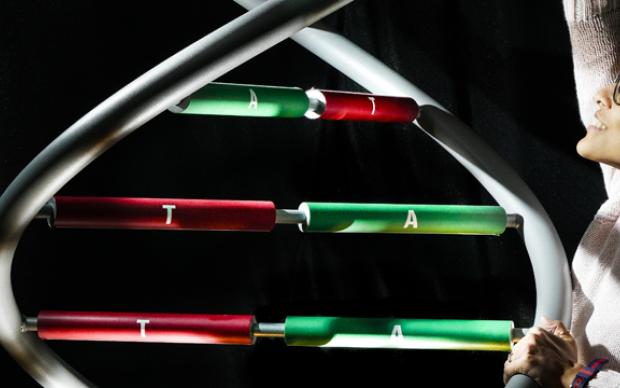Nature has always inspired humans. We extract scents from flowers to make perfume, and use pigments from minerals to reproduce colours. We copy the streamlined bodies of birds to build planes, and mimic the toughness of spider silk to design textiles. As our knowledge accumulates, and technology evolves, we have even reached a point where we are able to tamper with the very basics of Nature to twist it to our advantage. Take antimicrobial peptides (AMPs) for example. AMPs are used by organisms - humans included - across every kingdom to fight off viruses, bacteria, fungi and parasites. Despite this, millions of humans are infected each year by pathogens they are unable to fight off and for which no antidote exists. So researchers have turned to animal venom, which not only provides an easy way of isolating therapeutic toxins but also a precious source of AMPs into which scientists can dip. One particular AMP from the venom of a tropical wasp, Polybia paulista, appears not only to present anti-cancer properties but also to fight off an infection known as Chagas disease which affects millions of people every year and worldwide. Its name? Polybia-CP.


